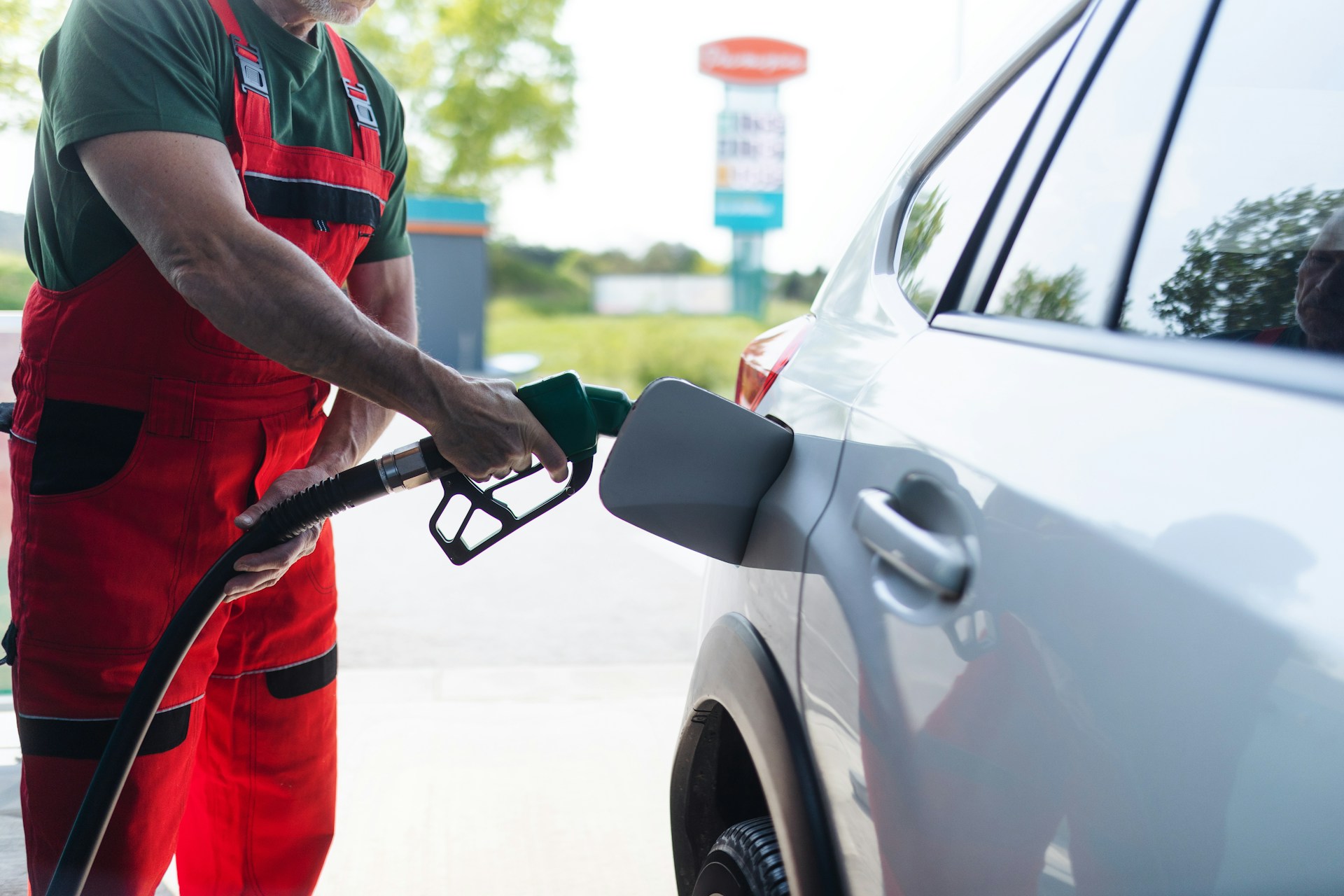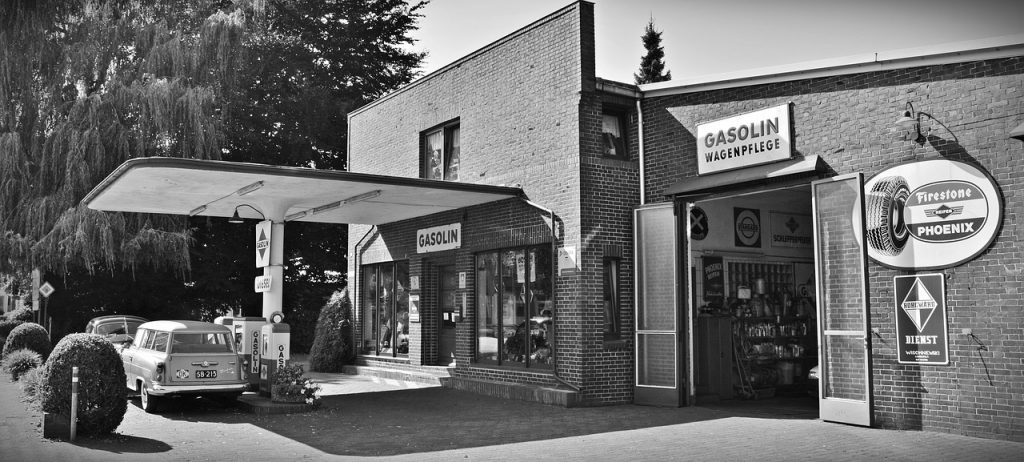Choosing the right fuel for your car is essential for optimal performance, safety, and long-term reliability. With various options available, it is crucial for drivers to have a thorough understanding of the various fuel types and their potential impact on vehicle performance. This knowledge not only assists drivers in making informed decisions at the pump but also serves as a foundation for recognising and addressing misfuelling incidents that can have considerable consequences for your car.
Misfuelling, the act of mistakenly filling your vehicle with the wrong type of fuel, can result in substantial damage to your car’s engine and fuel system, leading to expensive repairs and even potential permanent harm. In the UK, there are an estimated 150,000 misfuelling incidents per year, making this issue both prevalent and relevant to motorists from all backgrounds.
This blog post aims to provide drivers with valuable insights into the different fuel types available, their intended uses, and their effect on vehicle performance. Additionally, we will address the potential damage that can result from misfuelling and the role of professional wrong fuel specialists like Fuel Fixer in managing and rectifying such incidents. By enriching your knowledge of fuel types and their impact on performance, you can minimise the chances of misfuelling and maintain your vehicle’s optimal functioning and efficiency.
An Overview of Common Fuel Types
Broadening your knowledge of the various fuel types will aid in making the appropriate choice for your vehicle and circumventing potential misfuelling incidents. Here are the most prevalent fuels found across the UK:
- Unleaded Petrol (E5 and E10): Standard for petrol engines, unleaded petrol contains up to 5% ethanol (E5) or 10% ethanol (E10). It is the primary fuel for a wide range of petrol engine vehicles, offering clean combustion and smooth performance.
- Diesel: A popular choice for many modern vehicles, diesel is compatible with diesel engines and provides strong fuel efficiency and improved torque for better towing capacity.
- Premium or Super Unleaded Petrol: Developed for high-performance petrol engines, premium unleaded petrol typically has a higher octane rating than regular unleaded petrol, resulting in enhanced engine performance and reduced engine knock.
- Biodiesel: Produced from vegetable oils or animal fats, biodiesel is a renewable, sustainable alternative fuel compatible with selected diesel engines that are specifically designed or modified to run on this fuel type.
The Impact of Fuel Types on Vehicle Performance
Choosing the correct fuel for your vehicle is crucial for maintaining optimal performance, efficiency, and reliability. Each fuel type presents a unique set of benefits and characteristics, influencing how your car functions:
- Unleaded Petrol: Unleaded petrol offers a clean, efficient combustion process, making it ideal for petrol engines with standard or lower-performance requirements. Newer engines are also designed to be compatible with E10 petrol, reducing CO2 emissions and benefiting the environment.
- Diesel: Diesel fuel provides a higher energy content per litre than petrol, translating into improved fuel efficiency and engine longevity. Diesel engines offer a higher torque output at lower RPMs, making them suitable for larger vehicles, towing and carrying heavy loads.
- Premium Unleaded Petrol: High-performance engines designed to utilise premium unleaded petrol can experience improved fuel efficiency, enhanced engine performance, and reduced engine knock and vibration, which leads to smoother overall driving experience.
- Biodiesel: Biodiesel provides an environmentally-friendly alternative fuel source, offering comparable performance to traditional diesel while reducing pollutant emissions. Being biodegradable, non-toxic and renewable, biodiesel contributes to the reduction of greenhouse gases and dependence on fossil fuels.
The Consequences of Misfuelling and Its Impact on Car Performance
Misfuelling can have severe ramifications for your vehicle’s performance and longevity. Filling a petrol engine with diesel or vice versa can result in the following issues:
- Petrol in a diesel engine: Petrol acts as a solvent that can strip away the lubrication provided by diesel, damaging the high-pressure fuel pump and other components. This may lead to reduced fuel efficiency, engine wear, and eventually, failure.
- Diesel in a petrol engine: Due to its heavier composition, diesel does not ignite as swiftly as petrol in petrol engines. Diesel contamination may result in incomplete combustion that can damage spark plugs, while excessive fuel may block the fuel filter, leading to deteriorated performance and increased emissions.
Fuel Fixer: Your Professional Solution for Misfuelling Recovery and Repair
Should you encounter a misfuelling incident, it is critical to seek the services of a professional wrong fuel specialist like Fuel Fixer for the following reasons:
- Comprehensive repair and restoration: Fuel Fixer possesses the expertise, equipment, and knowledge to flush out the contaminated fuel from your vehicle and perform comprehensive repairs to ensure your car is returned to its optimal performance state.
- Rapid, efficient service: With Fuel Fixer’s mobile response units available across the UK, help will be promptly dispatched to your location, minimising downtime and inconvenience caused by misfuelling incidents.
- Preservation of your vehicle’s integrity: By enlisting Fuel Fixer’s professional services, you can effectively mitigate potential damage to your car’s engine and fuel system, preserving its performance, safety, and full potential.
Drive with Confidence through Enhanced Fuel Understanding
By familiarising yourself with the different fuel types available and their impact on vehicle performance, you can make informed decisions at the petrol station while minimising the risk of misfuelling. Should a misfuelling incident occur, remember to rely on professional wrong fuel specialists like Fuel Fixer to provide timely and effective assistance, ensuring the safety and performance of your car.
Equipped with the knowledge of fuel types and their consequences, you can embark on every drive with the added assurance of optimal fuel decision-making and risk prevention.

